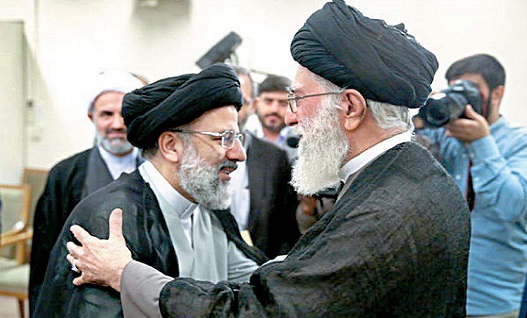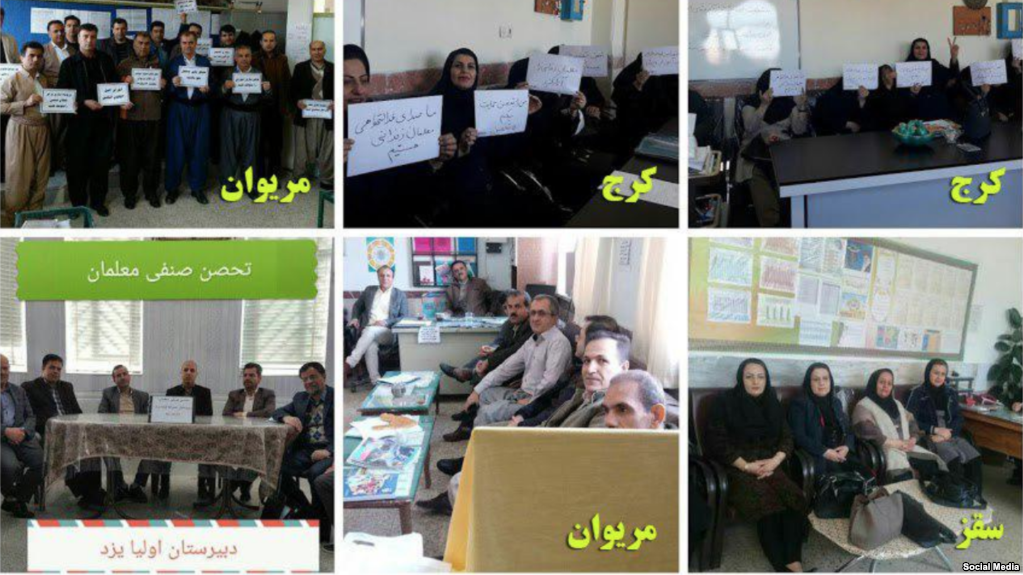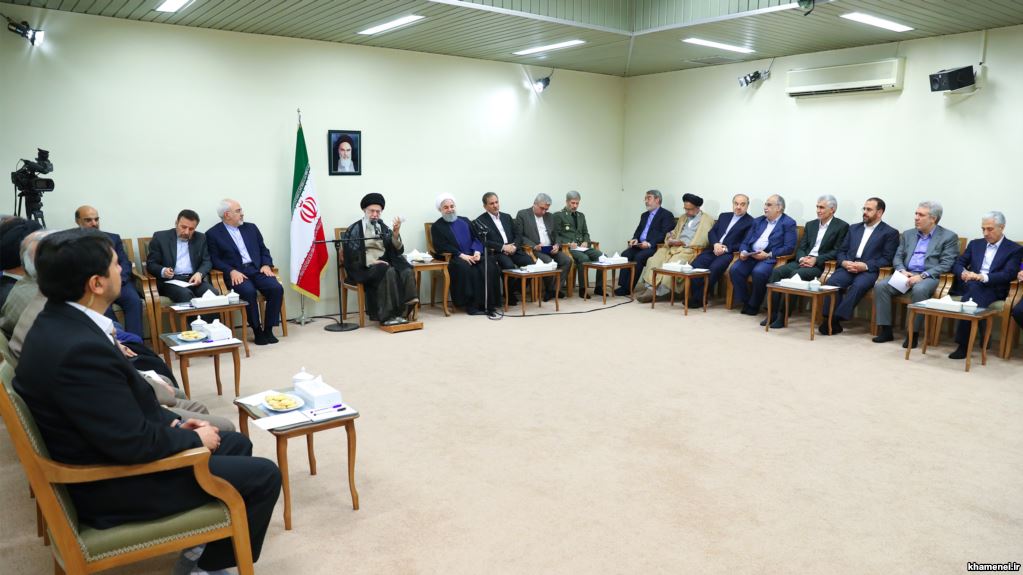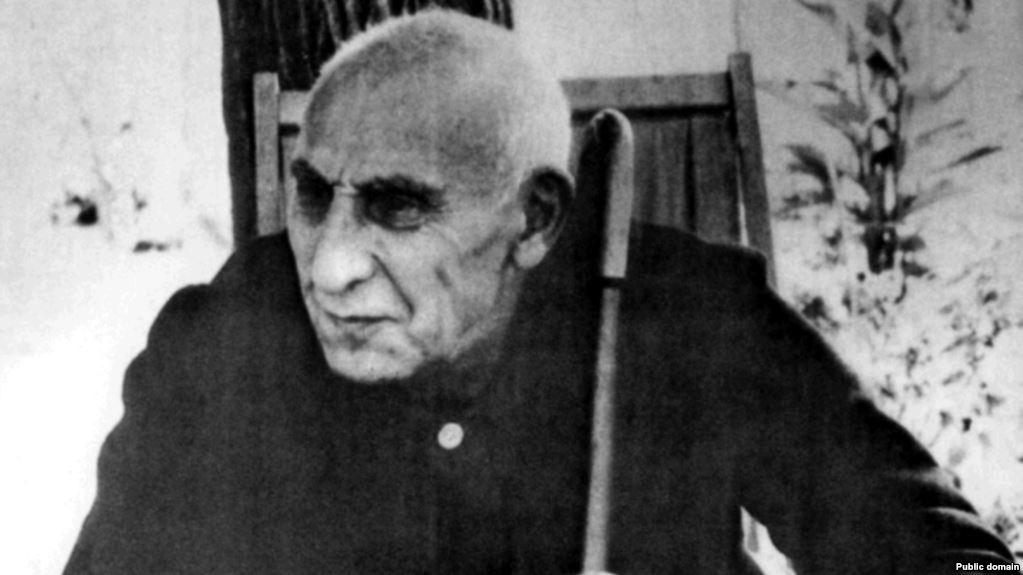![]()
Inattention to Entrepreneurship
The editorial of Tejarat Online deals with how paying attention to entrepreneurship can help to resolve the issue of unemployment in Iran.
There is no doubt that there are 3.5 million unemployed people in Iran. In actuality, there are more people unemployed. If we add students, housewives, vendors, and those who do all sorts of jobs to the abovementioned number, then the rate of unemployment will be terrifying.
The editorial continues by stressing the importance of the constitution that requires the government to create jobs, and it emphasizes that each Iranian must have a decent job to be able to provide for his or her own life. Without a doubt, the size of the government is huge in Iran, as a result of that a large part of the country’s budget is spent on the government’s expenses, particularly on wages.
The reason for the high unemployment rate is a lack of attention to entrepreneurship. If we want to resolve the issue of unemployment, we must bolster the spirit of entrepreneurship so that the unemployed would be able to create jobs for themselves. Then they can hire those who are not good at entrepreneurship. This requires identifying entrepreneurs with good ideas and then fully supporting them.
The editorial adds that if we look at the capital flight statistics from Iran, we realize that there is no stable atmosphere in Iran’s market. Instability in the price of foreign currency, inappropriate language used against employers, insulting confrontation with entrepreneurs and many other issues have resulted in capital flight as well as not taking employment in the private sector seriously.
If this issue is not seriously managed, in a not-too-distant future there won’t be any investors and entrepreneurs left to resolve the issue of unemployment.
Tejarat Online – March 6
Frustration in Rouhani’s Government
The editorial of Aftab Eghtesadi newspaper focuses on the differences and despair among Government officials, due to the economic conditions in the country.
The Iranian President Hassan Rouhani talks of the economic conditions being ordinary, calling the existing concerns temporary and that they will pass; the first Vice President Eshaq Jahangiri has said that the people’s purchasing power will greatly decrease in the new Iranian year (starting from March 21); and the Foreign Minister has spoken of huge money laundering in Iran. Some officials ignore the economic conditions, pretending that there are no problems in society at all.
Suddenly, the editorial continues by stating that some lawmakers’ talk of Iran’s problems as if to say everything is over. On the other hand, dealers are busy taking advantage of rent-seeking, as if what happens to their fellow citizens under embezzlement and rent-seeking is not important at all.
Some experts believe that the main economic problem is caused by the large-scale decision-making system in the country. This system is responsible for the obvious inequalities that determine access to opportunities and concessions in the country. Economists believe that the second problem is the issue of inequality that creates other problems in society. These factors lead to inflation, recession, and unemployment– that will continue in the upcoming years.
The problems due to economic conditions in the country have resulted in disputes among officials – all indicating a lack of unity between officials and the people. Such open disputes, the editorialist concludes, would only add to public distrust towards the government.
Aftab Eghtesadi – March 5
Images of House Arrest
On the 77th birthday of Mir-Hossein Mousavi`s his picture, and his wife Zahra Rahnavard along with a short clip of him in leading prayer in his sister’s house went viral on social media that made the news in and out of the country. The editorial of Hamdeli newspaper focuses on why the Iranian President Hassan Rouhani must keep his campaign promise to release Mousavi, Mehdi Karroubi, and Rahnavard – leaders of the Green Movement in Iran – from house arrest.
The most tangible sign in the picture and clip was the huge impact of 9 years of house arrest on their faces, and if any new image of Karroubi, too, is released, the signs of all the difficulties of his house arrest will certainly be visible on his face. Now, those who ordered the house arrest of those concerned in the Iranian Supreme Council of National Security must be asked what has been gained from the house arrest of the leaders of the Green Movement?
The editorial continues that there is no doubt that these three people still have an extensive social base and their house arrest has had no outcome other than leading to more frustration among their huge social base. If Mousavi, Karroubi, and Rahnavard repented and regretted what they had said and done, their house arrest would have ended.
An example of the uselessness of house arrest was that of Ayatollah Montazeri; during his house arrest, he lost his popular base and countless followers, but after his house arrest, he mostly remained a critic of the government but didn’t turn into an opposition figure. Mousavi, Karroubi, and Rahnavard, too, would most likely turn into critics at most.
The editorial, in the end, urges that Hassan Rouhani must hurry to fulfill his campaign promise in releasing these people from house arrest.
Handeli – March 4
Holding a Referendum over FATF Bills
Indecision with regard to ratifying or rejecting FATF bills is having a negative impact on Iran’s economy, prices, and market. The more it takes to decide about Palermo and CFT, the more it will damage Iran’s national integrity. That is why the editorial of Arman Emrooz holds that it is necessary for the government to prepare the ground and to resolve the issue by holding a referendum.
FATF is purely a technical issue that must not be brought up in political and factional disputes, as it won’t be in the advantage of the country and its national interests. The society needs stability and peace in different economic and political domains, and the people shouldn’t be concerned over indecision in large scale policies.
The editorial continues to mention that the same indecision and confusion manifests itself in Iran’s foreign policy as well. Iranian diplomats do not know if they should regulate their policies based on accepting or rejecting FATF bills. That is why the Expediency Council must decide on this issue as soon as possible.
As for a referendum, it is mentioned in the Iranian constitution and it is a legal course of action. So those who talk about holding a referendum are neither traitorous nor demanding something extralegal. Asking people’s opinion regarding a controversial, and sensitive issue isn’t against the law. But what seems to be the issue is having too much generalization in this regard. What the government can do is to explain the project in detail, as no one can decide just based on the generalities in so far as the officials haven’t talked about the details.
The editorial concludes that as the Iranian government itself has raised the issue of a referendum, it should prepare the necessary ground in this regard and the parliament too will take the legal process according to the constitution. It is through holding a referendum that the foundations of democracy will be boosted in the country.
Arman Emrooz – March 3

Red Carpet for “Executioner Ayatollah”; Raisi Appointed as Chief Justice

It was officially announced that Ebrahim Raisi will take over Iran’s judiciary from March 8. He is one of the main culprits in executing political prisoners during the 1980s; Iran’s Supreme Leader Ali Khamenei has called Raisi’s role in those executions as “a great honor for the Islamic Republic”.
Raisi will replace Sadegh Amoli Larijani who was appointed to head the Expediency Council after the death of Mahmoud Shahroudi.
Due to his role in the extensive executions during the 1980s and his membership in the “death committee”, Raisi is known as “Executioner Ayatollah” and “Massacre Ayatollah”. During the 2017 presidential elections when he decided to run against Hassan Rouhani, Iranian “reformists” used to say that if he became the president, he would not only limit the rights of citizens and social freedom but would create a security atmosphere in society.
The deputy to the US Secretary of State Robert Palladino called the appointment of Ebrahim Raisi to lead Iran’s judiciary as a “disgrace”, adding that the Iranian “regime makes a mockery of the legal process by allowing unfair trials and inhumane prison conditions.”
In addition, Hadi Ghaemi, the Head of the Campaign for Human Rights in Iran, called this a catastrophe for rule of law and justice in Iran, adding, “Raisi must be prosecuted, instead he is elected as head of the judiciary in the country.”
Even though Raisi denies any role in the 1980s mass executions, eyewitnesses confirm his role in the execution of 5000 political prisoners – executions that, according to Ali Khamenei, are “a great honor to the Islamic Republic”.
Shortly after the Islamic revolution, in 1980, he was the prosecutor of the city of Karaj for a short time. He was then appointed as deputy and successor to the Tehran revolutionary prosecutor by the former leader of the Islamic Revolution Khomeini and he was in charge of special cases.
From 2004 to 2014, Raisi was the first deputy of Iran’s judicial branch and was later the country’s general attorney until 2015.
Radio Zamaneh
Kayhan London
Teachers, Workers, and Retirees Protest all over Iran

As we get closer to the beginning of the Iranian new year (March 21), different groups of Iranians hold assemblies, rallies, and strikes in protest against unpaid wages, bonuses, and work conditions.
In protest against their union conditions, Iranian teachers launched a three-day strike in different cities of Iran. Based on released images in social media, teachers in the cities of Qazvin, Kurdistan, Karaj, Jolfa, Kermanshah, Marivan, Najafabad, Sanandaj, Isfahan, Babol, Tehran, Hamedan, Yazd, and Takestan went on strike. The council for coordinating the teacher union asked teachers nationwide not to go to classes for three days, starting on Sunday.
The strike’s goals include free education for all, paying the salaries of retirees, proper medical insurance, releasing imprisoned union activists, dedicating a share of the budget to Iran’s education organization, paying delayed teacher payments and fulfilling the other rights of teachers and retirees.
Teachers had earlier gone on strike twice and they were confronted by Iran’s security forces and some of those involved in the strikes were summoned and arrested by officials from the judiciary.
Currently, a number of activists from the teachers’ union are still in jail.
Workers too kept protesting against unpaid wages and the minimum wage in Iran. In recent years, unpaid wages has become one of the main issues for workers in different parts of Iran, forcing them to launch strikes and to hold assemblies.
Roughly 100 contract workers for the railroad company blocked the railroad in the city of Tabriz. This measure, according to the free union of workers in Iran, was in protest against four months of unpaid wages and their annual bonuses not being paid – usually paid before the beginning of the Iranian New Year.
Three independent worker formations, meanwhile, issued a joint statement calling for the minimum wage of 7 million tomans per month in the coming year. Currently, the minimum wage of workers is set at 1,115,000 tomans per month, while the livelihood basket of a worker’s household is estimated at 2,480,000 tomans per month.
In Isfahan, hundreds of retirees held a rally in protest against unfulfilled demands such as low pensions. They protested against their conditions and the performance of the Islamic Republic’s officials, chanting slogans such as “They talk of Imam Hossein, but stealing and lying is all they do!” and “Lying Rouhani must resign!”
VOA Persian
Radio Farda
Khamenei’s Anti-European Remarks Republished; A Severe Drop in Iran’s Trade with Europe

On the verge of making a decision about the FATF bills and as political conflicts increase over this issue, the official website of the Islamic Republic’s Supreme Leader has republished his remarks against Europe 8 months ago.
During Ali Khamenei’s meeting with President Hassan Rouhani and his cabinet in July, several issues were discussed. Khamenei’s website, however, only highlighted his words against the “Europeans” on the homepage.
According to the republished text, Khamenei said his criticism against the European countries was not “due to their current policies, but because of the vicious nature European countries have shown over several centuries.”
Ali Khamenei in this speech also lambasted the Europeans for being “mischievous” in delaying the implementation of a new trade mechanism with Iran. His speech was delivered months before INSTEX (Instrument in Support of Trade Exchanges) was launched for facilitating trade between the EU and Iran to circumvent US sanctions.
The Islamic Republic’s Supreme Leader also warned Rouhani’s administration “not to rely on the Europeans’ package for solving the country’s economic problems.” He said Europeans had no other choice but to offer this package.
Meanwhile, the Foreign Ministry Spokesperson Bahram Ghasemi announced that a number of European delegations will be visiting Iran in the upcoming days to discuss completing the implementation of INSTEX.
New statistics of Europe’s foreign trade show that with the US pulling out of the nuclear deal, the bilateral trades of the European Union and Iran has been severely damaged. According to the official statistics of the European Commission, 28 members of this organization had 8.9 billion euros of export to Iran, showing a 17.8% drop compared to 2017. The European Union’s imports from Iran reached 9.72 billion euros showing a 4% decrease.
In the meantime, Britain, Germany, France, and Italy, in their recent meetings with Tehran, have demanded a change in Iran’s regional policies regarding Lebanon, Syria, Yemen, and Iraq.
Radio Farda
YJC
Iranian Authorities Still Fear Mossadegh

The Islamic Republic has always been in defiance of the icons of Iranian nationalism, national pride, and identity while promoting its Shiite agenda instead. This year, on the death anniversary of the former Prime Minister Mohammad Mossadegh, security forces stopped people from gathering at his grave and commemorating him.
Mohammad Mossadegh was the 35th Prime Minister of Iran, holding office from 1951 to 1953. He led the movement to nationalize the Anglo-Iranian Oil Company and has been regarded as a national hero among Iranians ever since.
Hossein Moussavian, the head of the Central Council of Iran’s National Front, who was one of those trying to take part in the ceremony, said the security forces did not allow people to assemble at Mossadegh’s grave and returned all the buses carrying them to Ahmadabad village, western Tehran.
Moussavian asserted that Mossadegh not only nationalized the country’s oil but also “revived our Iran’s pride and identity.”
The democratically elected government of Mohammad Mossadegh was overthrown by a coup sponsored by Great Britain and the United States.
The Head of the Central Council of Iran’s National Front also noted that during all the years after the coup, Iran’s former despotic regime of the Shah was intimidated by Mossadegh’s name. “Today, too, this authoritarian regime –which does not believe in freedom – is following suit,” said Moussavian.
Radio Farda
